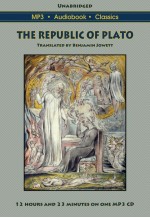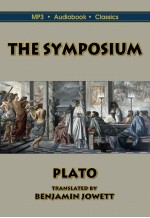Plato
Plato (c. 428 – 348 BCE) was an ancient Greek philosopher and mathematician considered by many as the greatest metaphysical thinker in history. He was a student of Socrates, a teacher of Aristotle, and the founder of the Academy in Athens, the first institute of higher learning in the West. He was born into a wealthy aristocratic family in Athens. Two events shaped his development: the first was meeting Socrates, who inspired his work; the second was the Peloponnesian War, in which Athenian democracy was replace by a Spartan oligarchy, subsequently overthrown. His work falls into three periods. The first begins with the death of Socrates and conveys his teaching and philosophy. The second addresses the central ideas of justice, the state, and individual character. The third period focuses on metaphysical ideas and the role of the arts and morality in culture. He was the first to conceive of a method of knowledge, and in doing so articulated many fundamental concepts that remain at the core of logic, science, psychology and philosophy to this day. Historian Alfred North Whitehead once noted: "the safest general characterization of the European philosophical tradition is that it consists of a series of footnotes to Plato." |
The Republic of Plato
The Republic of Plato is the greatest and best known of Plato’s works and possibly the most influent..
$11.99
The Symposium
The Symposium is one of Plato’s best-known works, written in 385 BCE or later, and appreciated for b..
$9.99


